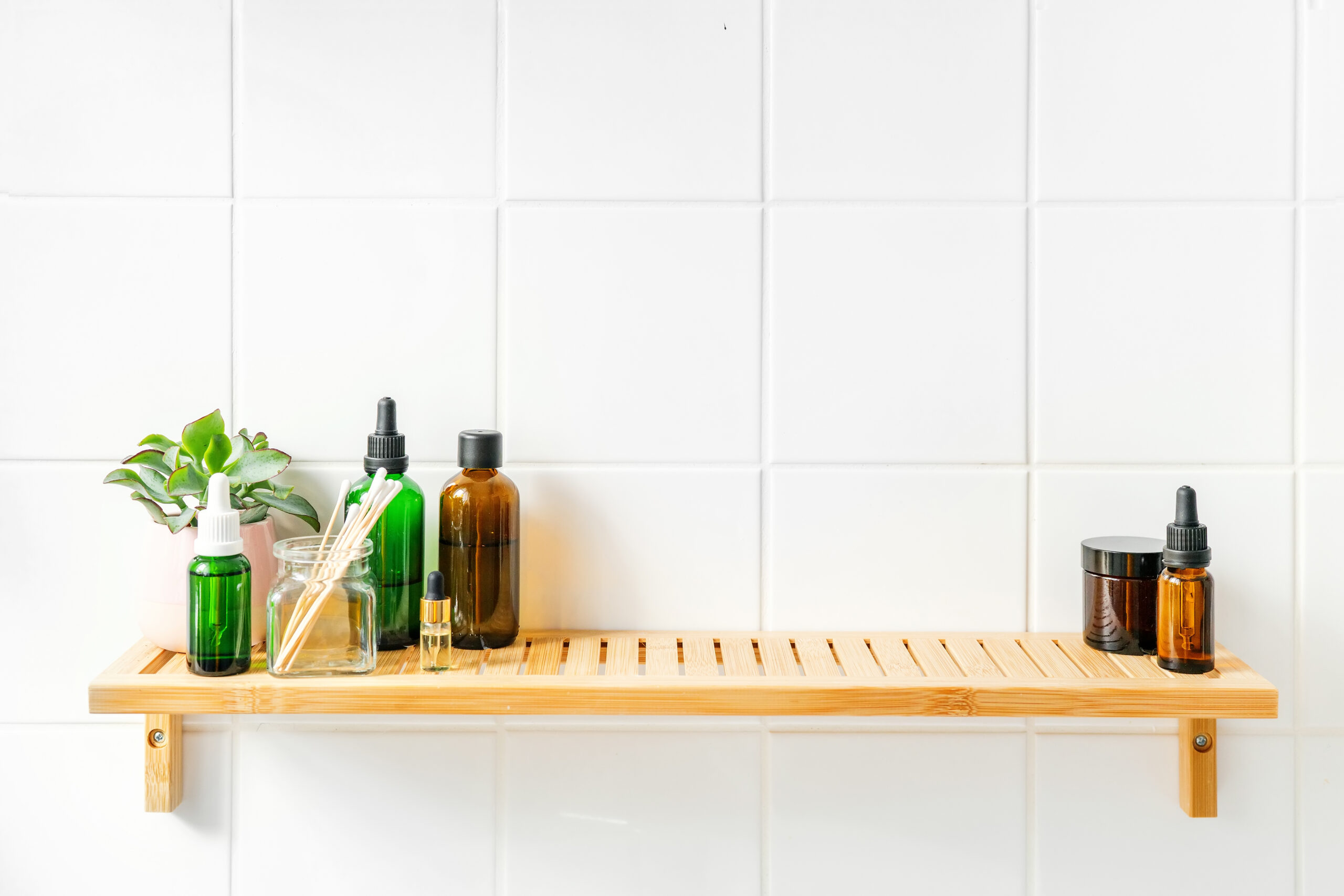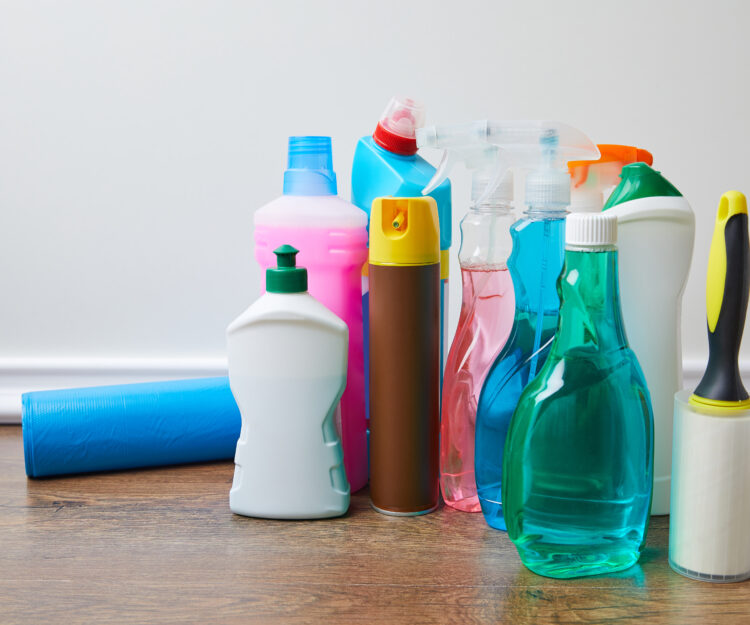Virtually every cosmetics brand wants to validate their manufacturing partners. But not all validation methods are created equal—and there’s no replacement for third-party credentialing.
Yes, you have more control over internal audits. But unless you have an internal bench of manufacturing experts, there will always be unknown unknowns you miss. Some of these, as we’ll see, could cost you significantly.
So let’s take a look at the value of third-party certifications and why they should matter when choosing a manufacturing partner.
Yes, all-natural cosmetics can be certified by third-party authorities
There’s a common misconception within our industry: every “natural” brand is made by mom-and-pop shops mixing these products in their bathtubs.
Certainly, there are plenty of those guys. And while we love them for what they are, they haven’t helped to dispel this myth. As such, too many cosmetics brands mistakenly put toxic and harmful ingredients into their products because they think the traditional manufacturer is the “safer” option.
(Read that last sentence again. The irony never ceases to amaze me.)
In fact, this fundamental problem is why I started Alkhume back in 2008. Up to that point, it was a Wild West industry. There was no safe, dependable option for companies that didn’t want to settle for toxic, harmful ingredients.
Decades later, and all that’s changed. Alkuhme prides ourselves on the fact that our products are truly all-natural, while also having rigorous systems and processes in place to consistently produce and validate our offerings.
In fact, earlier this year Alkuhme received NSF’s NSF/ANSI 455-3 Cosmetics/Personal Care Good Manufacturing Practice (GMP) certification. This demonstrates our commitment to personal care product quality and compliance with U.S. GMP requirements.
Why does credentialing & certifications matter when choosing a partner?
If you’re going to get your cosmetics products into grocery stores or retail, you’re almost certainly going to require some way to audit and validate your manufacturing partners. There are a number of reasons for this:
- ● Safety. You want to make sure that you aren’t harming people by putting a bad product into the market.
- ● Efficacy. You don’t want to sell a product that doesn’t deliver the promised benefits—this hurts both your reputation and is ethically dubious.
- ● Brand protection. It doesn’t hurt the manufacturer when a product goes awry—it hurts your brand. That means you need to take the extra steps to ensure that every product you take to market is safe and effective.
- ● Risk mitigation. The more you know about a potential partner, the less risk involved in the decision to work with them.
- ● Cost efficiency. Moving from one manufacturer to another is highly disruptive and costly. Choosing the right partner from the outset is the most cost effective path—and certifications help you make sure you’re doing just that.
3 broad categories of manufacturing certifications
Generally, cosmetics certifications fall into three broad categories. Each brings different levels of rigor to the process, and it’s important to understand what each one offers—and where they fall short.
Note: In this post, we’re focusing primarily on U.S.-based certifications. For international readers, make sure you validate the appropriate authorities within your locality.
1. Federal agency inspections
First and foremost, there are baseline food safety requirements from the U.S. Department of Agriculture (USDA). These ensure a general standard of safety across the board for the general public. Additionally, if you want to sell a product that’s certified organic, you’ll need to receive that specific certification from the USDA.
Currently, the U.S. Food and Drug Administration (FDA) does not require cosmetics products to be approved before going to market. However, they do have authority to step in when products are suspected of being “adulterated” or “misbranded.”
- ● Adulterated—not safe for consumers when used according the labeling or commonly accepted use
- ● Misbranded—not properly labeled
And, believe it or not, a lot of manufacturers run into problems in both of these areas:
- ● Using ingredients that can cause harmful side effects
- ● Not checking for harmful microbes
- ● Not validating ingredient concentrations—which can impact label claim accuracy
So although there is no formal approval process, you still need to make sure your products are safe and be able to verify your label claims. Otherwise, you could run afoul of the federal government. Which no one wants.
2. Client-based audits
If you want to verify a potential partner, you can always conduct your own audit. This involves developing and submitting a lengthy questionnaire (often 50+ pages) to the manufacturing partner.
Additionally, typically this audit process will involve batch checking the manufacturer’s records. Of course, there are plenty of people in our industry who don’t keep records, which can become a problem.
The challenge with client-based audits is that you don’t know what you don’t know. So while you think you’re performing something comprehensive, what is it you may be missing?
3. Third-party audits
In our industry, the gold standard for certifications come from respected third parties. These entities not only provide standardized, agreed-upon standards, but they can often be more comprehensive than an internally driven audit.
The most authoritative certifications in the industry include:
- ● ISO 22716 is an international standard that provides guidelines for the production, control, storage, and shipment of cosmetic products.
- ● ISO 9000 series demonstrates adherence to quality management system standards, ensuring consistent product quality and customer satisfaction.
- ● Good Manufacturing Practice (GMP) certification for NSF outlines the minimum requirements for the methods, facilities, and controls used in the manufacturing, processing, and packaging of cosmetic products—this is more intense than the ISO standards
- ● Other niche standards include vegan and cruelty-free, fair trade, non-GMO, allergen-free, and sustainability specific certifications
Why third-party credentials are the best source of validation
I want to make a very important point here: plenty of traditional manufacturers make serious mistakes when manufacturing products and taking them to market. These end up putting the users’ health at risk.
I wish I could say this was a fluke. But, sadly, few manufacturers test for microbes—most don’t even know they should! So the problem isn’t just among all-natural manufacturers—it’s everybody.
This is why you need to choose a manufacturing partner that’s been properly credentialed by a third party no matter who you work with. Otherwise, you risk missing important red flags that could seriously hamper your brand.
Third-party certifications also provide:
- ● Objectivity and impartiality. This keeps the audit process unbiased and results in more trustworthy assessments.
- ● Experience and expertise. An auditor well-versed in industry standards and best practices can provide a more thorough evaluation of your partners.
- ● Commitment to transparency. Going through an intensive audit isn’t a walk in the park. If a manufacturer does this, it means they’re committed to transparency—and that’s a sign that you should work with them.
Final thoughts on choosing a credentialed manufacturing partner
Choosing the wrong manufacturing partner can seriously hurt your business, since a bad product can do irreparable damage to your brand. This, ultimately, is why third-party certifications are table stakes when choosing a manufacturing partner.
What’s more: why would you spend time and resources validating your manufacturing partners when you could get NSF or the American Society for Quality to do it for you? Seems like they’d do a better job, and cost a lot less.
Alkuhme’s recent GMP certification from NSF just proves we have the best and most comprehensive—and verifiable—all-natural cosmetics operation in the U.S. We’re exactly the kind of partner you want in your corner, and we’d love to work with you.
To learn more about the benefits of working with Alkuhme, contact us today.








